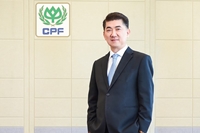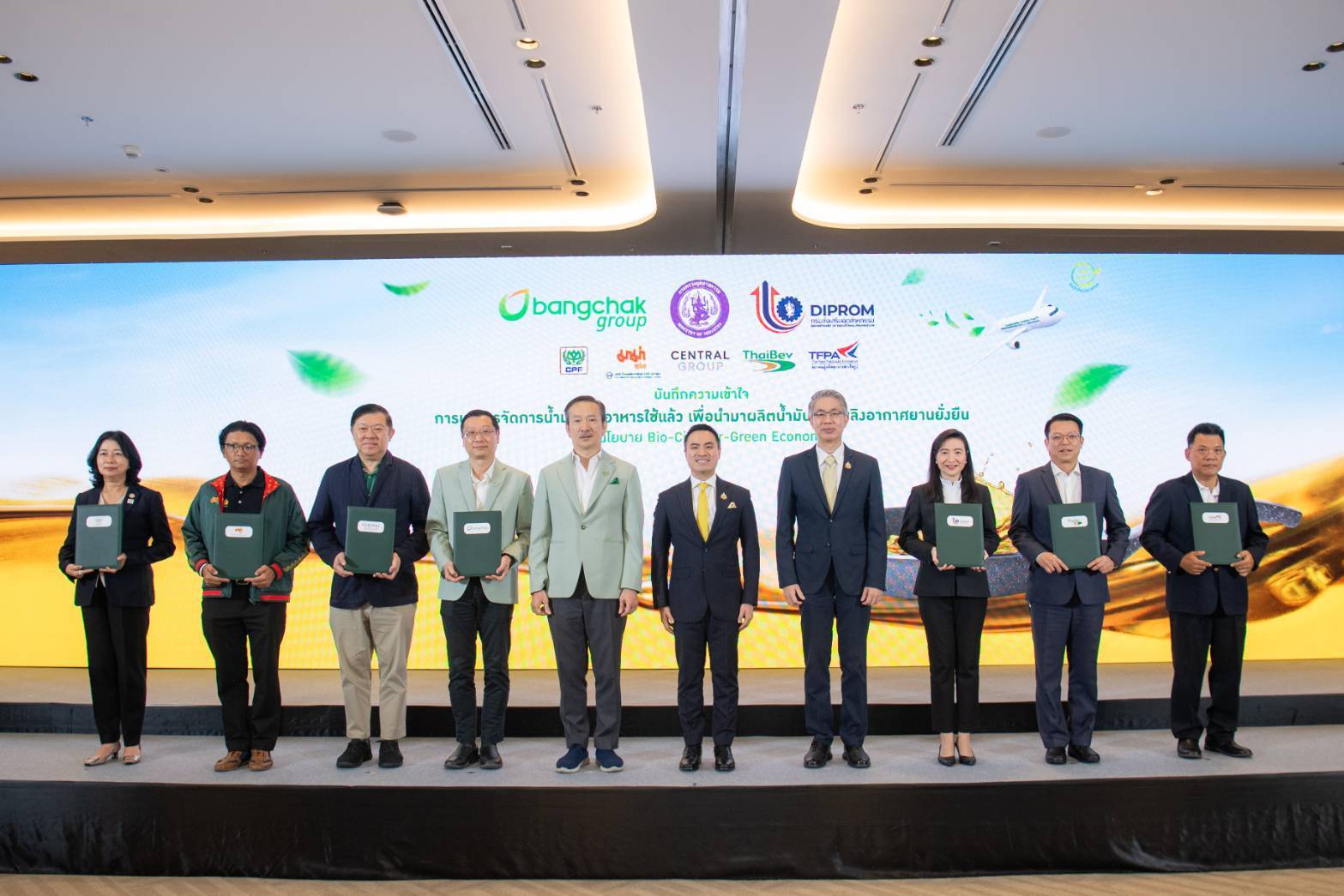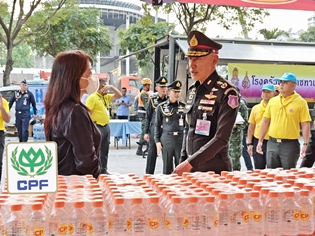

Charoen Pokphand Foods Public Company Limited (CP Foods) is actively engaged in promoting responsible water use by incorporating advanced technology to ensure sustainable water management across its production chain. This initiative aligns with the celebration of World Water Day 2024, embracing the theme "Water for Peace." CP Foods is dedicated to sharing water management expertise with local communities and farmers, enabling them to access sufficient water during droughts and maintain stable growth.
Kobboon Srichai, Head of Corporate Affairs & Investor Relations at CP Foods, emphasizes the company's commitment to sustainable water practices. CP Foods focuses on reducing its dependency on external water sources through technological advancements and the implementation of the 3Rs strategy: reducing water consumption, reusing water, and recycling water. This approach has led to a significant reduction in water withdrawal per production unit by over 50% when compared to 2015 across its operations in eight countries: Thailand, Vietnam, Cambodia, India, the Philippines, Turkey, Malaysia, and Laos.
Innovations such as Biofloc technology for wastewater treatment within shrimp farms and Ultrafiltration have been developed to enhance water efficiency and minimize external water usage. These technologies have enabled shrimp farms to cut external water withdrawal by up to 75%. Additionally, CP Foods has adopted an air chill system in chicken processing plants, reducing water usage by about 15% compared to conventional methods.
The company also repurposes treated water for various non-production related activities, including cleaning, irrigation, and road washing, by employing advanced reverse osmosis filtration to meet water supply standards. This initiative allowed CP Foods to recycle and reuse 19.5% of its total water withdrawal in 2023, equivalent to 47.3 million liters.
Beyond its internal operations, CP Foods extends its water management insights to farmers and communities through projects like the fertilizer water sharing program, the underground water bank initiative, and the 'Rak Lam Nam Mun' project. These efforts aim to foster sustainable water resource management and conservation for the benefit of local communities and future generations.









_1742963914.jpg)